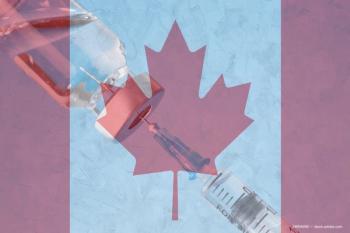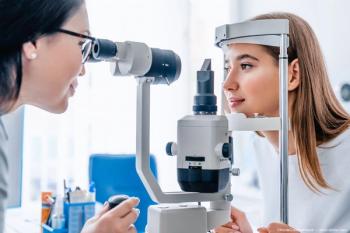
University of Wisconsin ophthalmology professor receives $75,000 grant to support international collaborations on eye research
The grant will provide Steven DeVries, MD, PhD, the opportunity to travel to Kyoto, Japan and learn from scientists at Ritsumeikan University about the process of growing 3D retinal organoids from stem cells, a technique first developed in Japan.
A professor of ophthalmology at the University of Wisconsin has received a grant from Research to Prevent Blindness that will enable him to travel to Japan to learn about a treatment technique pioneered in the country.
Steven DeVries, MD, PhD, the David Shoch, MD, PhD, professor of
The grant will provide DeVries the opportunity to travel to Kyoto, Japan and learn from scientists at Ritsumeikan University about the process of growing 3D retinal organoids from stem cells, a technique first developed in Japan.
“My goal in this project is to apply the physiological and anatomical approaches that we use to evaluate performance at intact cone synapses in the adult retina to cone synapses in retinal organoids,” DeVries said. “If we can intervene to improve the organization and function of cone synapses in organoids, then we may be able to perform the same manipulations during transplantation.”
Additionally, scientists from Ritsumeikan University will also visit Northwestern to learn about state-of-the-art techniques for characterizing the adult cone synapse in DeVries’s lab.
RPB supports several members of the department, including
In 2015, and again in 2021, the organization also provided an unrestricted grant to support the department’s research into retinal physiology, diabetic retinopathy, macular degeneration, corneal diseases, uveitis and glaucoma.
“Research to Prevent Blindness, through the development of this grant and deciding to fund Dr. DeVries’ work, recognizes the truly unique power of international collaborations and provides an otherwise unavailable funding opportunity,” Volpe said. “Their combined work will help set the stage for successful cone transplantation to patients with diseased retinas.”
Newsletter
Don’t miss out—get Ophthalmology Times updates on the latest clinical advancements and expert interviews, straight to your inbox.





























